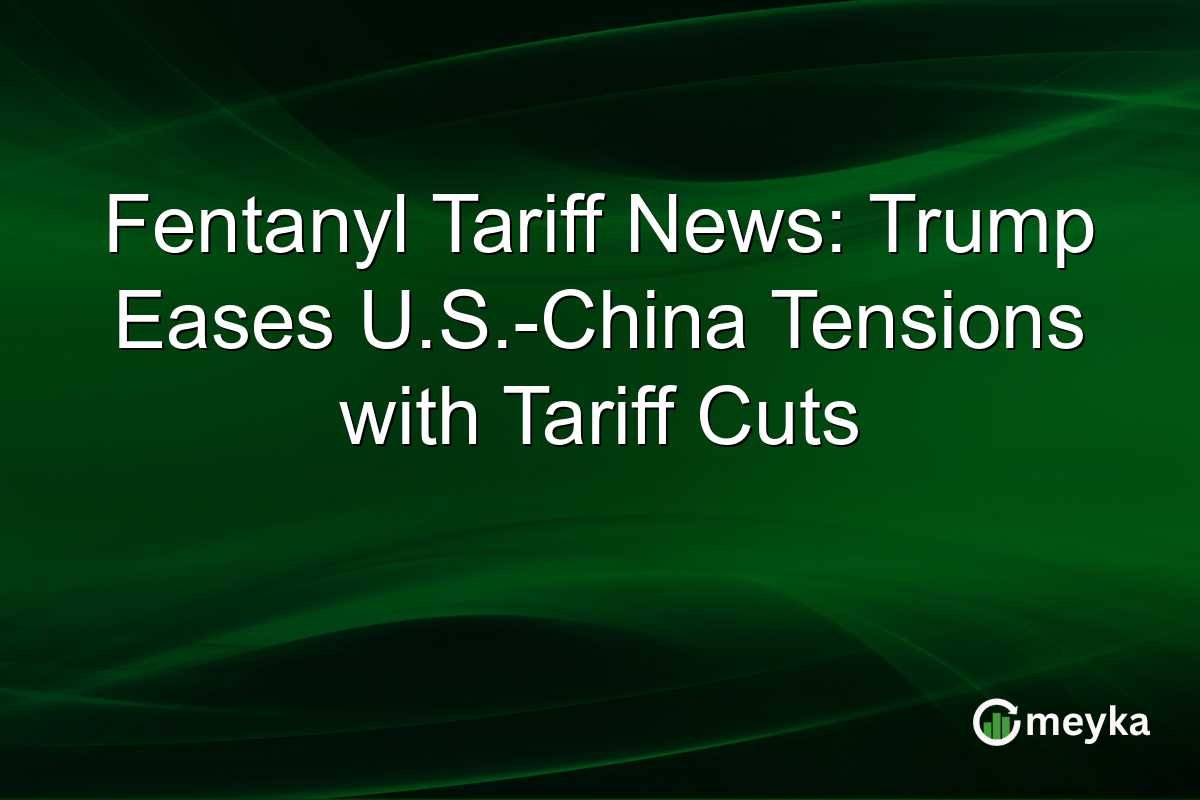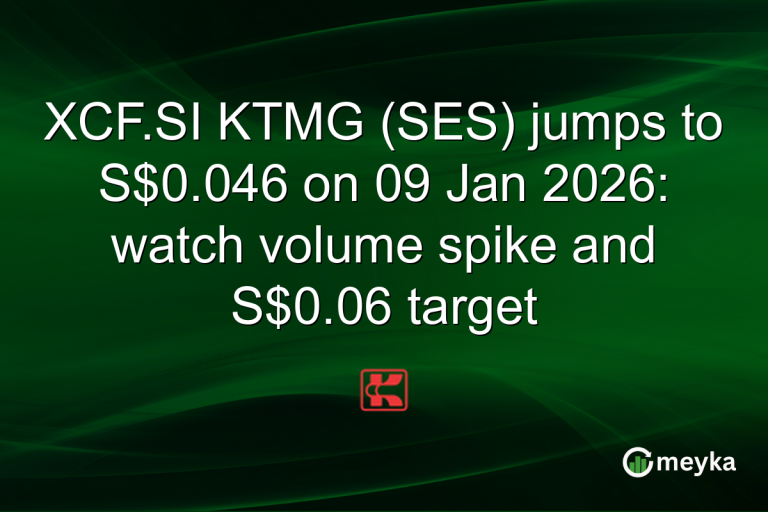Fentanyl Tariff News: Trump Eases U.S.-China Tensions with Tariff Cuts
In a pivotal move to ease trade tensions, President Trump recently announced a reduction in the tariffs on fentanyl from 20% to 10%. This decision followed an important meeting with Chinese President Xi Jinping. The implications of this tariff reduction extend beyond immediate trade relations, affecting the pharmaceutical industry and international diplomacy.
Understanding the Fentanyl Tariff Reduction
The reduction of fentanyl tariffs marks a significant step toward stabilizing U.S.-China trade relations. Previously set at 20%, the decrease to 10% is aimed at encouraging more cooperative economic engagements between the two nations. This decision emerges from a broader effort by both countries to mitigate ongoing tensions that have affected various sectors. Not only does it hold diplomatic significance, but it is also poised to influence the global pharmaceutical supply chain.
https://www.nbcnews.com/world/asia/high-security-chinese-factory-pumping-fentanyl-rcna240439
Impact on U.S.-China Trade Relations
The reduction in tariffs on fentanyl, a key pharmaceutical compound, signals a thaw in relations between the U.S. and China. This move may lead to a more favorable environment for bilateral trade talks, potentially resolving other trade issues. Analysts speculate this tariff reduction could serve as a framework for negotiating other contentious trade items. The eased tariffs could bolster diplomatic ties by showcasing a mutual willingness to compromise on challenging issues.
Implications for the Pharmaceutical Market
The pharmaceutical industry stands to benefit from the fentanyl tariff reduction as it lowers costs for U.S. importers. Reduced tariffs mean more competitive pricing for fentanyl-related products, potentially leading to lower healthcare costs. However, it also pressures domestic manufacturers to maintain competitive pricing. This reduction is crucial as it may encourage increased production and availability of fentanyl for medical use while maintaining strict regulatory oversight.
Investor Reaction and Market Sentiment
Investors have shown a positive response to this tariff reduction. The decision is viewed as a promising step towards stabilizing trade relations, potentially reducing volatility in affected sectors. Pharmaceutical stocks may see upward trends as the costs of raw materials decrease. This move by President Trump could be seen as a proactive measure, signaling markets that trade tensions are being addressed strategically.
For more insights, refer to President Trump’s earlier discussions: https://www.nbcnews.com/politics/donald-trump/live-blog/live-updates-trump-xi-talks-south-korea-asia-tour-trade-third-term-rcna240430
Final Thoughts
The reduction of fentanyl tariffs is more than a trade policy adjustment; it represents a strategic diplomatic decision with far-reaching implications. By lowering the tariffs to 10%, the U.S. is signaling an openness to improved trade relations with China, potentially setting the stage for resolved issues beyond pharmaceuticals. This move exemplifies a focused approach to addressing the broader U.S.-China trade disputes. Moreover, it provides the pharmaceutical industry with a chance to reduce costs and increase accessibility to crucial medical supplies. While challenges remain, this decision opens the door to further negotiations and long-term trade solutions. Investors, policymakers, and industry leaders will be watching closely as these developments unfold, seeking security in an unpredictable global market environment.
FAQs
The reduction in fentanyl tariffs resulted from strategic talks between President Trump and Chinese President Xi Jinping. It aims to ease U.S.-China trade tensions and encourage cooperative economic engagement.
The reduction will lower costs for U.S. importers of fentanyl, likely leading to more competitive pricing for related products. This can reduce healthcare costs and foster pharmaceutical innovation and accessibility.
Beyond immediate trade benefits, the tariff cut signals improved U.S.-China relations and could serve as a model for resolving other trade issues. It represents a diplomatic effort to stabilize trade ties.
Disclaimer:
This is for information only, not financial advice. Always do your research.






